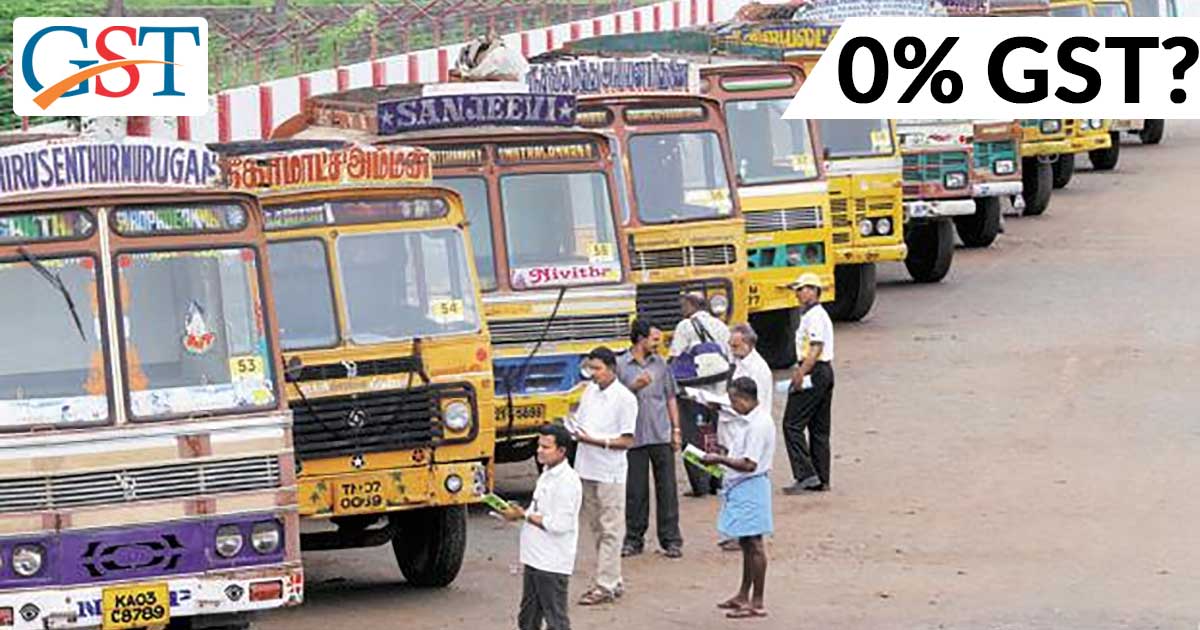
He said that “As far as policy is concerned, I will be able to tell you about it once we obtain clearance from the cabinet. But the policy, right now, is that we are expecting zero GST on scrapped vehicles.”
Read Also: GST Impact on Automobile and Spare Parts Industry in India
According to the vehicle scrappage policy, there is a plan to scrap out all those commercial vehicles which are a decade old and doesn’t follow the current norms of Bharat stage emission. This scarping out will let 28 million vehicles out of the road.
The policy was aimed at multiple goals which were to be achieved by the reducing the acquisition cost of new vehicles, giving tax benefits, inducing fuel efficient traffic and lessen vehicular break-down scenarios.
Currently, there is 18 percent of GST applicable on the sale of old vehicles. While under the reverse charge mechanism, the vehicle buyers are expected to pay the taxes on the transaction proceeds. If the taxes on old vehicle sale are reduced to zero then the prices of new vehicles will be much more cost-effective.
A senior person from a reputed analyst firm, “Typically on a sale of used vehicles, GST is paid on the value addition reckoned with reference to the depreciated value with no GST where value addition is negative. Any reduction in GST rates would, therefore, be beneficial, though the benefit will be limited as the tax is on only the value addition.”
The proposal was meant to keep aside all those lower Bharat stage emission vehicles which are the not following the latest tradition of emission norms i.e. running on BS-I fuel, followed by commercial vehicles on BS-II fuel.